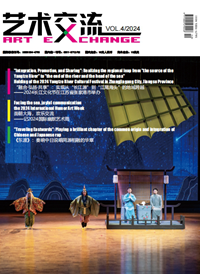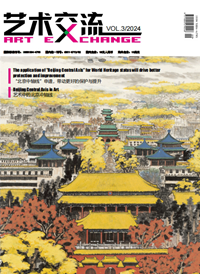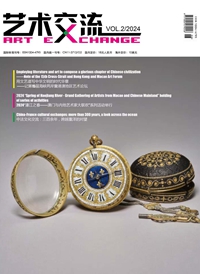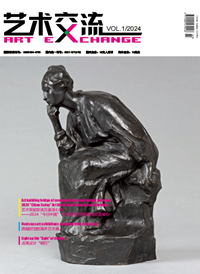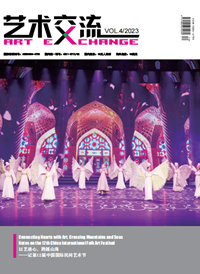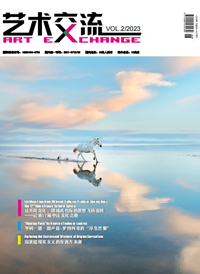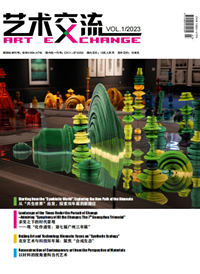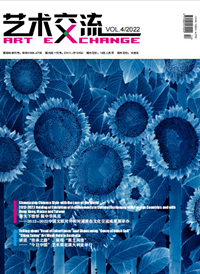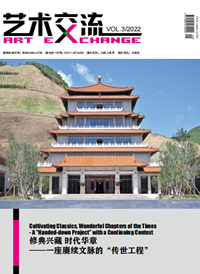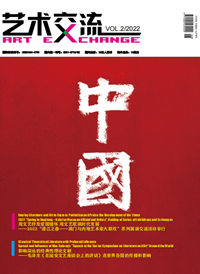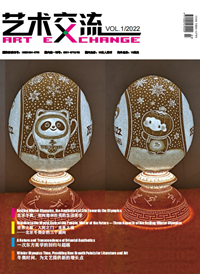Silent Art
Art Exchange VOL.02/2013|
To ordinary people, language is the most direct way to express one’s feelings. However, in the art world, silent language may be the most common form of communication—a piece of fine folk art works, a picture of beautiful scenery, a part of film about a certain country, certain time and certain people, a piece of calligraphy with literary aesthetics, moreover, a piece of old oil painting decades ago, a mime, a box bearing installation art, an old story about an art institute, and a trip in Venice with moss smelling—all of them can be silent, but within an artistic atmosphere which can not be expressed through language, they also can communicate with people from different parts of the world speaking different languages, so as to gain enjoyment of beauty.
Jiang Xun, an art critic from Taiwan, once told young artists in A Letter to Young Artists that seeking beauty: one should give up the clamor and commotion of utilitarianism, to value and protect one’s own gifted sharp mind. Perhaps it is the same in the field of art exchange, that is so-called “Great beauty is silent”. When we face those silent works of art, we appreciate them with concentrated attention. Without any more explanation, it would be enough for us to appreciate their beauty and achieve the purpose of mind communication.
Copyright © 2011 CFLAC Corporation, All Rights Reserved



